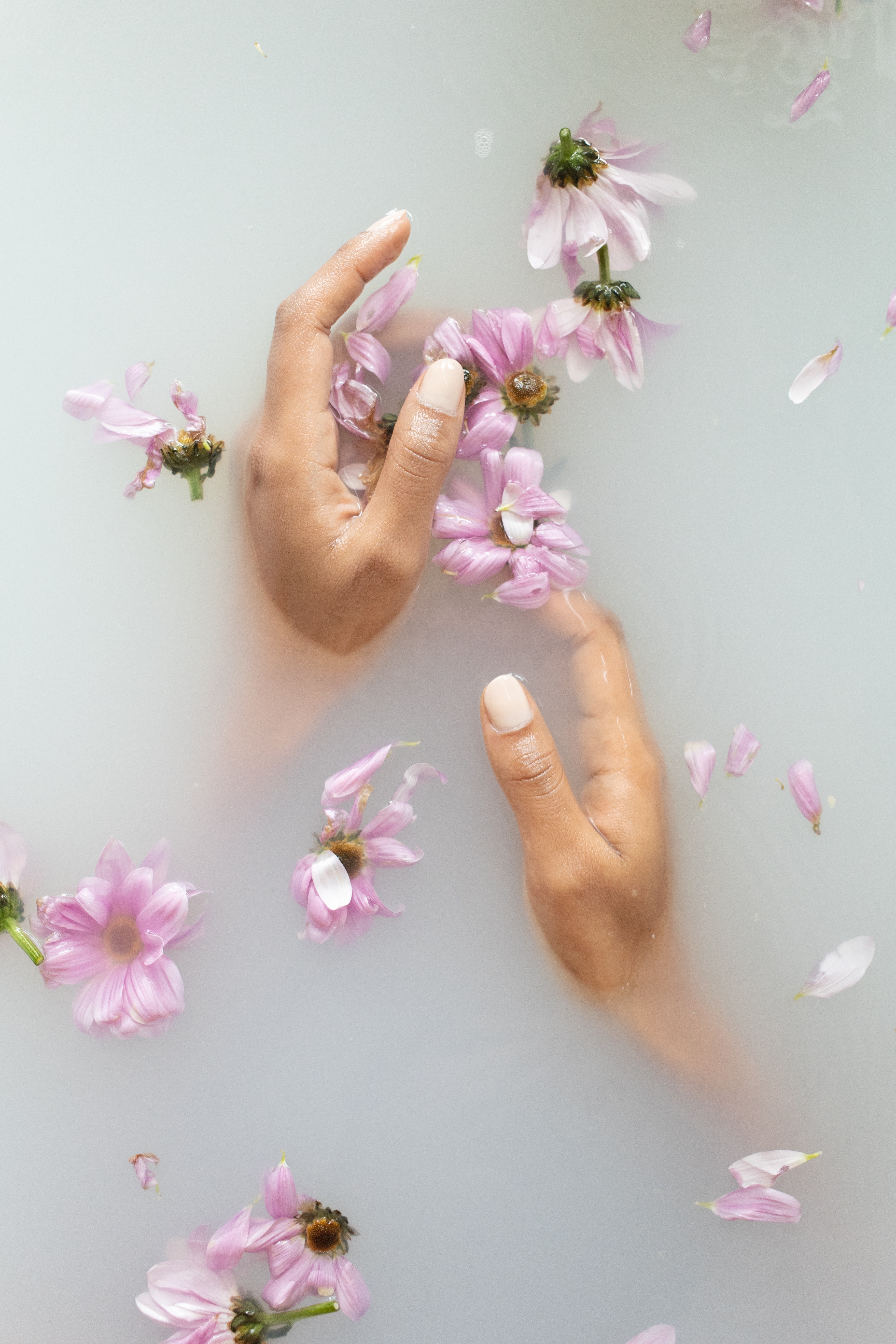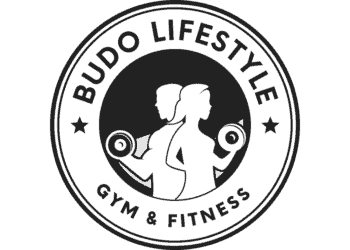Getting The Most Out Of The Relaxation After Training

Relaxation after training reduces the risk of injury. It makes it possible to improve performance and increase recovery time. Further Relaxation reduces feelings of stress and tension. It also helps improve overall mental well-being. To get the most out of relaxation, it certainly should be part of your regular training routine. During relaxation, you can use different techniques to relax your muscles and improve your posture.
Stretching is a great way not only to increase flexibility but also to reduce muscle tension and improve joint range of motion.
Deep breathing exercises can help reduce stress and tension. They can also help improve your breathing patterns.
Meditation is beneficial for reducing stress, improving focus, and your overall well-being.
Relaxation helps improve sleep quality. It allows you to sleep more peacefully and wake up more refreshed. Therefore it helps reduce the level of cortisol, the hormone associated with stress. Besides by incorporating relaxation into your training routine, you will improve your performance. You will reduce your risk of injury and improve your overall well-being.
Equally important relaxation is essential for every athlete after training. It helps to reduce muscle tension and fatigue. It improves circulation and prepares the body for the next training session.
Simple relaxation techniques
Simple relaxation techniques you can use after a workout include:
deep breathing,
progressive muscle relaxation,
water pictures
and self-massage.
In the first place deep breathing involves taking slow, deep breaths and focusing on the breath as it moves in and out of the body. Progressive muscle relaxation involves stretching. Then releasing each muscle group in the body, such as the neck, shoulders, and arms, to help release any tension. Guided imagery involves creating a mental picture of a peaceful place in your mind and focusing on the details of that picture, such as sights and sounds, to help you relax. Self-massage involves gently rubbing and kneading the muscles to reduce tension.
These relaxation techniques can help athletes recover more quickly from their workouts and prepare for the next training session.

Relaxation is essential for sports performance and it is important to ensure that you are well rested after training.
Tips that will help you achieve optimal relaxation after training:
1. Make sure you take a few minutes to cool down after a hard workout. This will help your body transition from a state of exertion to a state of relaxation.
2. Take a few moments to stretch. It will help your body to relax. Stay hydrated as dehydration can make it harder to relax.
3. Make sure you eat healthy, nutrient-dense foods to help your body recover.
4. Take a warm bath or use a hot pack to reduce pain or muscle tension.
5. Taking time to properly relax after training is essential for optimal performance.
So make sure you follow these tips to ensure you get the most out of your workouts.
Relaxation techniques can be integrated into your program to improve performance and reduce mental stress. Certain techniques can be used before training. They increase focus and prepare the body for physical activity too. While other techniques can be used after training. They are to help muscles recover and reduce muscle tension.
Finally, it is important to choose a technique that is suitable for the physical and mental needs of individuals. You should absolutely set aside time each day to practice relaxation techniques. In addition, it can help increase focus, reduce stress, and improve overall performance.
